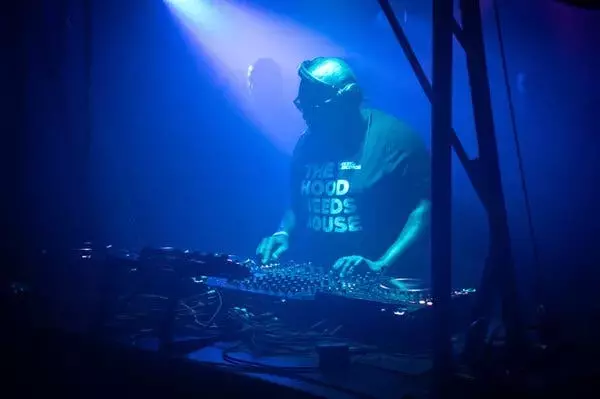
A once-thriving dance club in Brooklyn, Paragon, has captured the hearts of many with its vibrant atmosphere and renowned DJs. Despite a packed dance floor on a recent Friday night, financial challenges have led to its closure on April 26. The owner, John Barclay, acknowledges that while the nights were lively, they weren't enough to sustain the business in today's competitive nightlife landscape. Known for inviting top-tier DJs and embracing Detroit techno music, Paragon leaves behind a legacy of unforgettable experiences.
Paragon’s decision to close stems from the harsh realities of operating a nightclub in an era where financial sustainability is increasingly difficult. Even with a loyal customer base and world-class talent, economic pressures have proven insurmountable. As it bids farewell, the venue celebrates nearly three years of creating memories through music and community.
Paragon's Legacy in Brooklyn's Nightlife
Paragon carved out a unique space in Brooklyn's bustling nightlife scene by consistently delivering high-energy events featuring globally recognized DJs. Its two-level structure, located beneath train tracks in Bushwick, became synonymous with rave culture and electronic beats. While the club succeeded in drawing large crowds, its management faced mounting financial obstacles that ultimately outweighed the joyous moments shared within its walls.
From its inception, Paragon set itself apart by focusing on quality over quantity. By booking legendary artists such as Kevin Saunderson, one of the pioneers of Detroit techno, the club established itself as a hub for authentic electronic music enthusiasts. Each event transformed the venue into a pulsating haven where attendees connected through rhythm and movement. However, maintaining this level of excellence came at a steep cost. Despite attracting substantial attendance, operational expenses and industry dynamics rendered long-term viability unattainable.
Navigating Challenges in Modern Nightlife
In today's nightlife environment, success requires more than just captivating performances and energetic atmospheres. Clubs must navigate complex financial landscapes, balancing revenue streams against rising costs. For Paragon, even its reputation as a go-to destination for electronic music couldn't shield it from these challenges. Owner John Barclay highlighted the difficulty of sustaining operations amidst increasing economic pressures, underscoring the broader struggles faced by similar establishments across the city.
The journey of Paragon reflects the intricate balance required to thrive in the modern nightclub industry. While the club excelled in curating memorable experiences, external factors beyond its control played a significant role in its fate. Financial constraints dictated the need for closure after nearly three years of operation. This outcome serves as a reminder of the precarious nature of running a venue in a highly competitive market. As Paragon prepares to shut its doors, it does so with gratitude for the incredible moments created and the impact left on those who passed through its halls. The story of Paragon stands as both a celebration of achievement and a cautionary tale about the realities of contemporary nightlife entrepreneurship.
